The purpose of the Scholarship Programme is to prepare students for the NZ Scholarship exams by revising and extending students’ knowledge, skills and understanding in Scholarship subjects beyond L3 NCEA. It is an open programme, with students from schools around the country participating, and is not confined to just NetNZ members. In 2016 we are pleased to offer a two-tiered approach to the scholarship programme that allows students to join and participate in ongoing, self-driven communities for the whole year and then from term three onwards opt into weekly scholarship mentoring video conference sessions (run through Google Hangouts) with a teacher.
Students can opt for both options or enrol in either.
To participate in either option ALL students will need a google account and have google+ enabled.
Full Year Communities: Register for a Scholarship Student Community
Student Communities will be established that will allow students to connect, support and engage with one another. These communities will be largely self-driven, however teachers and other outside ‘experts’ will also be able join to support community discussion, dialogue and problem-solving. There is no cost to NetNZ students or schools and a $50 registration fee for non-NetNZ schools (this is per school not per student). Schools enrol as many students as they want – there are no limits to the numbers of students in a community. All that is required is an interest and enthusiasm to connect and learn with others. Like any community the strength will be in the willingness to engage.
Step One: Students and Teachers register now
If you have students, or are a student who would like to participate in a community or communities then please register using the form at the top of the page. If you are a teacher who would like to participate in a student community (as a mentor or guide) then indicate this using the same form
Step Two: Join the community (ies)
Students and teacher will be sent an invitation to join a Scholarship Community. All communities run as a google+ community so students will need a google account and have google+ enabled.
Step Three: Get involved
Each community will begin with some introductory activities designed to orientate everyone to the environment and to get to know their peers. This will run for two weeks.
How will they work?The scholarship communities are built on a belief in a ‘connected’ approach to learning which uses technology as a driver for learner engagement. ‘Connected Learning’ is premised on fusing learner interest with a networked, socially rich online environment. Students will spend an initial period being led through some orientation, but after that point will be encouraged to take ownership of the community and lead the learning themselves. This does not mean they are left to their own devices. The advantage of online communities as that you can bring a wide range of expertise into the space from anywhere. Interested teachers will act as mentors while also learning through the connections they make. Further expertise will be brought in from tertiary level and/or industry. For example a leading NZ author could be brought into the English Scholarship Community to lead discussion on the statement “The more satisfying novels successfully illuminate our “dark corners”, a statement directly taken from the 2014 Scholarship exam. The involvement of the author provides an authentic context on something directly relevant to preparation for the exam. In essence the communities create a level environment where students and teachers work together. For a community to work it will need students to make a commitment to actively participate. The flexibility an online environment provides means they can do this at times that suit them during the week. The more students participating in a community the more ideas that are in the mix, the more interaction there is and the richer the learning. The scale creates opportunities rather than challenges. |
Benefits to Students
- Informal and flexible. Participate at times that suit you
- Connections with like minded students with a common purpose
- Connections with teachers and experts
- Connections with a wide range of ideas and knowledge
- Experience online learning
- Experience a tertiary type environment where you have control over your learning
Benefits to Teachers
- Experience online learning and an online environment, but have the flexibility to involve yourself how and when you want
- Make connections with other teachers and experts
- Learn from the ideas and discussion that will occur in an active community
- Experience an approach to learning the promotes students agency and in which the teacher acts as mentor, guide and supporter
